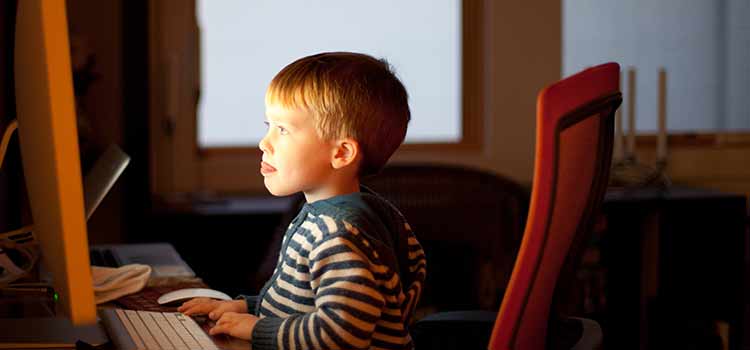
The Real Deal: What is Authentic Learning?
Within and across all content areas, challenging students to address real world problems is the best way to prepare them for an unknowable future.
Here you will find a regularly updated selection of articles, blog posts, and resource documents I’ve written on topics like authentic education, student engagement, leadership, community, and ed tech. Each touches on the essential question,

Within and across all content areas, challenging students to address real world problems is the best way to prepare them for an unknowable future.

Instead of writing an AI policy as if it’s a new issue, write AI into existing policies to give them real world contexts around issues it will impact.

We’ve been trained to believe that the cacophony of information confronting us daily is helpful. As with most things, less is probably more.

Generosity and sharing are the Tao of Teaching. Everything works better when we share the load.

Disaster recovery and emergency management protocols offer sage guidance for schools coming back from a major disruption.

Research shows movement is not only good for the body and spirit. It helps us learn.

John Dewey said, “We do not learn from experience. We learn from reflecting on experience.” Discover both a process and a greater purpose for reflection.

School staff shortages can partially be attributed to COVID– but playing politics with funding these past few years didn’t help.

There’s a connection between the annual ritual of making New Year’s resolutions and preparing for a new school year each September. Here are seven practical takeaways.

Helping children learn is challenging enough. Nailing authentic, active, and personalized lessons every time? That’s like winning a trifecta– only you’re in control of the horse.

“Curriculum” could be a scope and sequence doc or the entire student learning experience. For it to be a meaningful and evolving learning plan, it needs to be alive– by design.

What if every student had a plan that captured and capitalized on their strengths, interests, background, and goals to improve their learning experience?

It isn’t failure if you learn from it. Educators can foster a growth perspective to help students become more confident, open-minded, and resilient.

While stress can boost performance up to a point, anxiety inhibits learning. Students can be taught to manage and reframe those anxious feelings.

Head starts and charity won’t help children succeed until we address the century old elephant in the room: the cycle of poverty.

A three year pause in high stakes testing gave us breathing room to do our jobs– and the mental space to assess better alternatives.

Teaching children to teach themselves is a lesson that will last a lifetime.

Picking up this habit during the pandemic has been a game changer.

Dealing with problems is part of human (and squirrel) nature. We only get better when we practice and nurture it.

Before deciding what technology to use and how, when, and where to use it, we must first ask: Why should we?

What works and doesn’t work about digital learning? How can and should we build on its strengths and address its shortcomings?

Existing issues like effective tech use, equitable access to resources, and mental health were highlighted and exacerbated by the pandemic. This article for school board members and administrators shows how leaders learned from the experience to make education better.
Click here to read the article in School Leader

Some believe that Project Based Learning is more engaging than traditional learning simply because it’s hands-on. That depends on your definition of engagement. To raise rigor and activate multiple parts of the brain, Problem Based Learning is the better alternative.
Click here to read the article in EdCircuit

The global maker phenomenon has brought together crafters, tinkerers, artists, and technologists. In classrooms it can allow students to freely explore worlds of interest, learn new skills, and create something unique that they can call their own.
Click here to read the article in School Leader